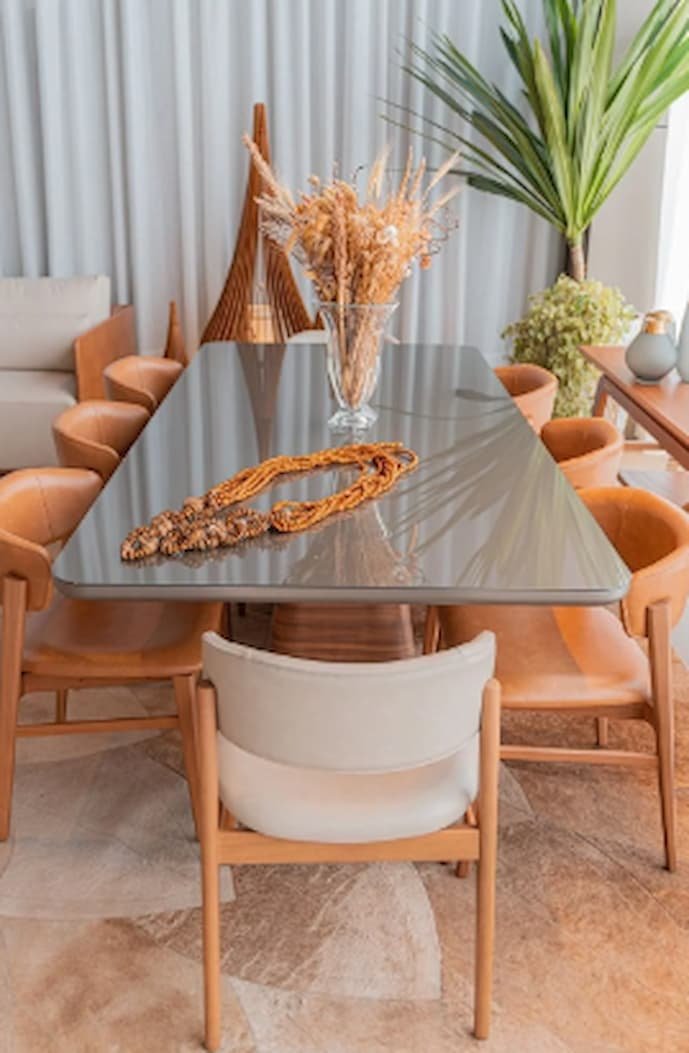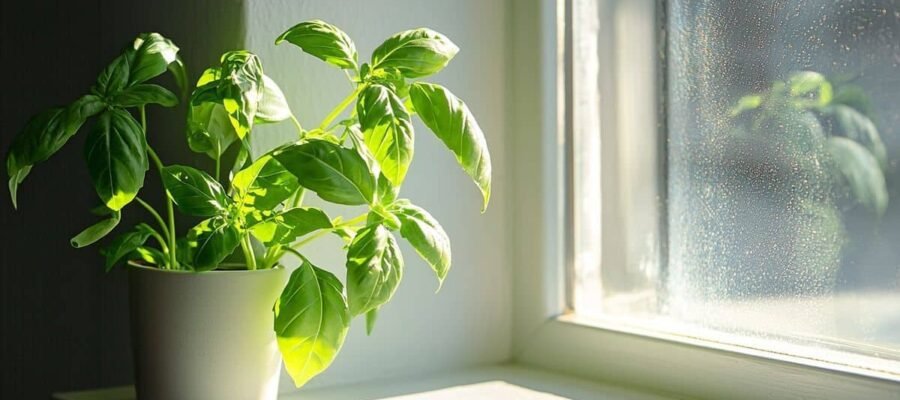Why did this plant on the windowsill make me forget about mosquito repellent? For weeks I had been looking for a natural solution to keep mosquitoes away from my terrace. Chemical repellents, while effective, left a lingering odor and worried my children. One day, discovering the holy lemon basil in a planter on the windowsill I noticed a significant reduction in bites. This experience led me to explore other plant repellents, revealing a simple and sustainable alternative to traditional products.
Mosquitoes, particularly active during the hot months, lead many families to resort to sprays or diffusers. However, aromatic and perennial plants offer an ecological and economical solution. Their mechanism of action is based on essential oils or chemical compounds that disturb the senses of insects, preventing them from detecting human odor.
Why favor plants?
- Local efficiency : Placed near relaxation areas (terraces, windows), they create a natural barrier.
- Safety : No risk of toxicity to children or animals, unlike chemical products.
- Aesthetic : These plants beautify outdoor spaces with their colors and scents.
Holy basil with lemon: the miracle solution on the windowsill
THE holy lemon basil (Ocimum basilicum) was particularly effective in my case. Its peppery, lemony smell, enhanced by its strategic location near the windows, easily repelled mosquitoes.
Why is lemon holy basil so effective?
- Intense odor : Its leaves release volatile compounds that mask human pheromones, making mosquitoes unable to locate their prey.
- Easy maintenance : In pots it resists drought and thrives in full sun, ideal for windowsills.
Tips for Growing Lemon Holy Basil
- Exposure : Choose sunny locations (at least 6 hours of light per day).
- Irrigation : Keep the soil moist, but avoid excesses to avoid root rot.
Lemongrass: the undisputed queen of natural repellents
THE lemongrass (Cymbopogon nardus) is often cited as one of the most effective plants against mosquitoes. Its intense lemon scent contains citronellol one you geranioltwo repellent compounds.
- In the open ground : Ideal for gardens, it forms dense clumps that create an extensive protection area.
- In the jar : On balconies it adapts to small spaces spreading its aroma.
Limitations of Lemongrass
Although powerful, its effectiveness diminishes with wind or rain, requiring regular renewal of the leaves to release the essential oils.
Lavender: a decorative ally against mosquitoes
THE lavender (Lavandula angustifolia) combines utility and beauty. Its purple flowers and calming scent attract bees while repelling mosquitoes thanks to its rich oils linalool.
Benefits of lavender
- Resistence : Tolerates poor soils and dry climates, making it suitable for Mediterranean regions.
- Versatility : Used in flower beds or pots, it adapts to all garden styles.
Growing lavender: practical advice
- Measure : Cut stems after flowering to stimulate regrowth and maintain a compact shape.
- Soleil : Require maximum sunlight to maximize essential oil production.
Other effective plants: lemon balm, catnip and calendula
Melissa (Melissa officinalis)
With its sweet lemon scent, lemon balm repels mosquitoes and attracts butterflies. Grows in partial shade, ideal for shaded areas.
The cataire (Nepeta cataria)
Known for its effect on cats, it contains catnip nepetalactonea repellent against mosquitoes and cockroaches. It spreads rapidly and requires monitoring to prevent invasion.
Marigold (Calendula officinalis)
Its yellow-orange flowers produce pyrethrina compound used in insecticides. Positioned around entrances, it creates a visual and olfactory barrier.
Choice of terrain and location
- Irrigation : Avoid excess lavender and lemongrass, prefer dry soil between two waterings.
- Fertilization : Use a low-nitrogen fertilizer to encourage the production of essential oils.
The limitations of mosquito repellent plants: when to integrate with other methods
Although potent, the plants are not always sufficient in areas with heavy infestations. Here are further solutions:
Eliminate larval breeding sites
- Drain the containers : Stagnant waters (planters, gutters) are favorite places for spawning.
- Use natural larvicides : THE Bacillus thuringiensis israelensis kills the larvae without harming other organisms.
Combine with mechanical repellents
- Mosquito nets : Install nets on windows to block access to insects.
- Fans : The air current disturbs the navigation of mosquitoes, preventing them from settling.
: an integrated strategy for a mosquito-free summer
Mosquito repellent plants offer an ecological and aesthetic solution, but their effectiveness depends on their placement and maintenance. By combining them with preventive measures (elimination of stagnant water, use of mosquito nets), a complete protection system is created. Holy basil, lemongrass and lavender remain the most reliable allies, but don’t forget to vary the species to cover all areas at risk.
With this approach you will be able to enjoy life outdoors without fear of bites, in harmony with nature.
latest posts published

Waterfall table: refinement for your home

Using hexagonal screen in decorative furniture

Decorating trends for 2023!

Color trend for 2023 in your home

Luxury Furnishings: Refinement and Exclusivity for Unique Environments

Balconies become essential in a good apartment

João Gasparini Building: the perfect environment for your company

Buying Modern and Luxury Sofas: Transforming your Home

The 5 types of sofas to choose from and furnish your home


